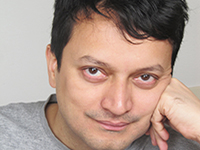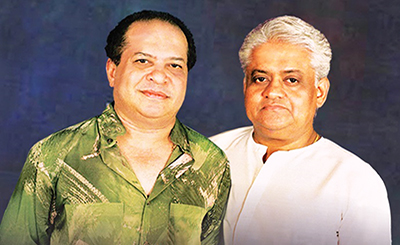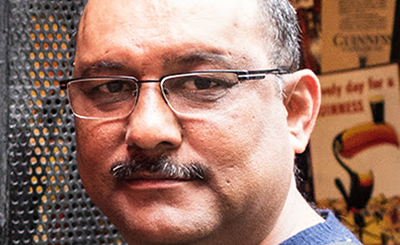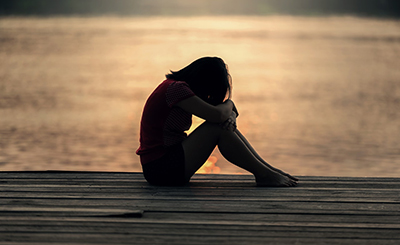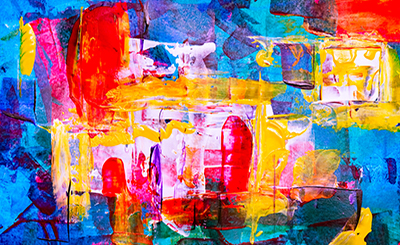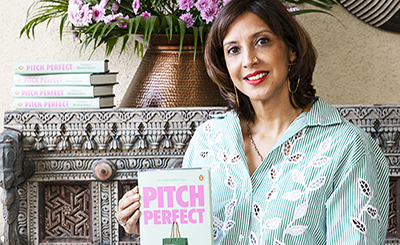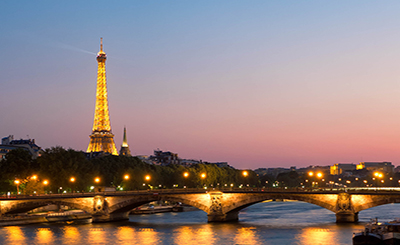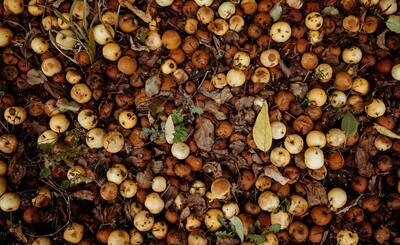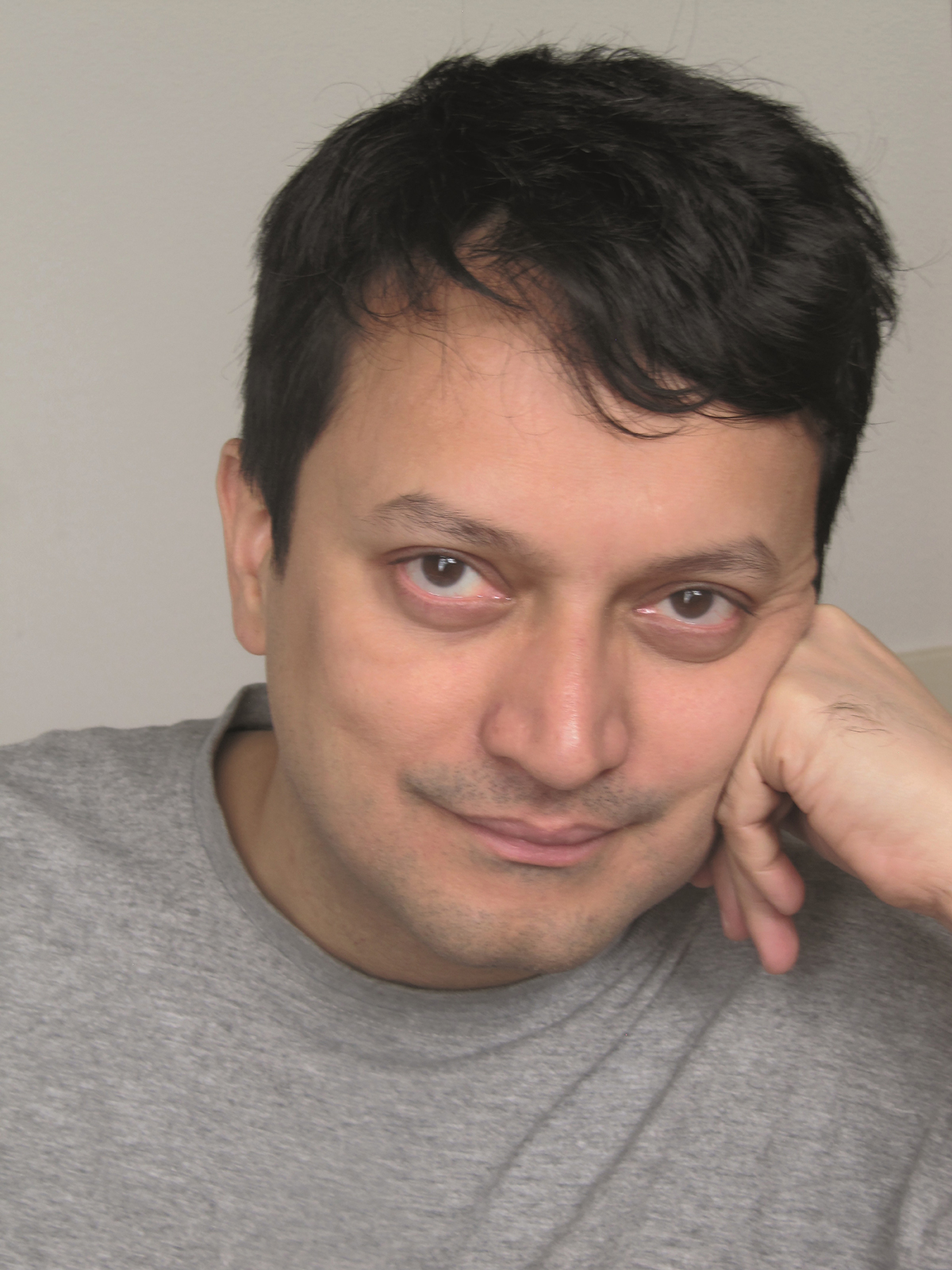
Ranjit Hoskote: Photo: Nancy Adajania
Poet’s Note: ‘I work with the interweaving of text and musicality’
Perhaps it was music that came first, for me, as a child. Among my earliest memories is the sound of the music that my parents played on their Garrard turntable, their 45 rpms and LPs — Rimsky-Korsakov’s ‘Scheherazade’, Vilayat Khan-saheb’s raag Yaman, Emilio Pericoli singing ‘Al Di La’, Khachaturian’s ‘Spartacus’, Bismillah Khan-saheb’s raag Durga, Ravi Shankar and Ali Akbar Khan in concert. So cadence, tempo, flow, atmosphere, and colour came first, even before they were elaborated, for me, into any specific art.
As I said to the poet and editor Sarabjeet Garcha in a recent conversation, “My relationship to the arts has always been starfish-like, leaping out in different directions from a single starting point — music, architecture, literature, and the visual arts. However different my engagement with each of these practices may seem — in
the visual arts, I draw on the productive paradox between abstraction and materiality; in poetry, I work with the interweaving of text and musicality — what holds it all together is my curiosity about, and my commitment to, the lived experience of confluence, the coming together of dissimilar impulses or energies, and the way in
which they produce something unexpected, unpredictable, vibrant, and expansive.
Groove
Watch the earth contract
to this groove in the blue rock
from which water hurtles and air spins out
without curb or bridle
A groove that a twisted rod made
when a prophet struck
instead of speaking
as if the rock would not answer
He carried that groove
unhealed
to the last mountain he would climb
to kneel at the peak
clutching at that earth
while his gaze plunged
down steep slopes
to the promised land
Fresco
Why didn’t they paint his face
the same pale ivory they used for the faces
and his robes the same red ochre they used
for the robes of his companions?
He stands at the end of the row
the seventh monk
a whispered outline
at the bruised edge of the panel
dissolving into air
Eclipse
You waited all night for the eclipse.
A panther loped down to the lake
and swallowed the moon.
Another night you thought the wind
had called for truce. The moon
never crossed the laterite border.
A third night, searching in this field
where the sky had rained stars,
you found the moon
buried in a furrow that a yoked bull
had measured in loops from left
to right to left, turning
and returning. Speak, lunatic angel,
which was the right way?
Was I implement or impediment?
All night the eclipse waited for you.
Plague
Those who ran to hide were stoned
and chased from their fields
The juniper was fragrant the vinegar how strong
but summer burned its way through the bricks
and the plague bell kept tolling
Today we feast tomorrow we die
the drunks were neighing but no door opened
Every roof was heavy with crows
Calling for a rain of fire the sturdier peasants sang
above the swaying crowd above its dense nose-lock of sweat
When their backs bent at last and their voices fell
a monk cowled in fury
whipped their song with a carrying drone
Fields of sulphur to the right
fields of scorpions to the left
Those flames scourges those flames sharp
as flint twisted in our wounds
River of souls surging to the hell he painted
their bodies left nailed to the doors of heaven
Ash-heaps the houses past which their song rose again
and no one to wipe the blood from every word
The essay and the poems are part of our Poetry Special Issue (January 2021), curated by Shireen Quadri and Nawaid Anjum. © The Punch Magazine. No part of this essay or the new poems exclusively featured here should be reproduced anywhere without the prior permission of The Punch Magazine.
More from The Byword
Comments
*Comments will be moderated



